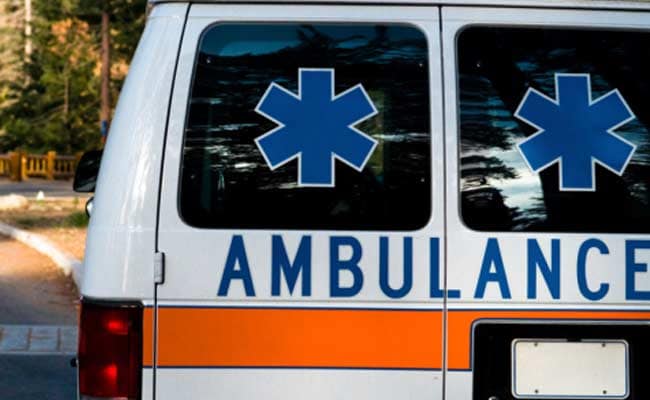
A 16-year-old boy who was rushed to a city hospital with no heartbeat following a severe electric shock from a high-voltage live wire, regained consciousness after 36 hours.
The boy came in contact with the live wire that had fallen on an iron railing at his shop in the old quarters of Delhi on August 1 following heavy rains. He was found stuck motionless to the railing with electricity still running through his body, doctors said.
He could be rescued after 10 minutes when the electricity supply was cut from the powerhouse of that area. The boy was rushed to Indraprastha Apollo Hospitals and admitted to the emergency department, they said.
Dr Priyadarshini Pal, Emergency Head, Emergency and Critical Care, Indraprastha Apollo Hospitals said the patient had no heartbeat, an absent pulse rate and progressively falling blood pressure owing to the damage caused by a continuous flow of electricity through his body.
"Upon evaluation, it was discovered that due to the severe and prolonged electric shock he suffered a cardiac arrest. He had exceptionally low chances of survival. But doctors at the Emergency and Critical Care unit quickly responded to his critical condition.
"We immediately gave him CPR. The process was extremely critical because any delay in CPR after a cardiac arrest could have led to possible irreversible brain damage. We were able to revive the patient after CPR that lasted for an unusual time of almost 45 minutes," Dr Pal said.
The doctor said with timely treatment, the boy regained consciousness after 36 hours and was discharged on August 5.
Dr Sudheer Tyagi, senior consultant, Neurology, Indraprastha Apollo Hospitals, said that such cases are very critical and any slight delay can cause irreparable damage to the patient's brain.
"Had this patient not given CPR immediately it could have led to a condition of decrease in the flow of oxygen to the brain. That could have manifested brain damage in the form of severe neurological deficit-delayed or complete inability of the patient to regain consciousness and weakness/numbness in different parts of the body," he said.
Even if the patient had regained consciousness, there was a possibility that his cognitive brain functions like memory, responsiveness and recognition would be adversely affected, Dr Tyagi said.
Expressing his gratitude to the doctors, the patient's brother said, "We had lost hope when initially the doctors informed us that chances of my brother's survival were slim. But Dr Pal and her team put in all their efforts and brought him back from the jaws of death."
Track Latest News Live on NDTV.com and get news updates from India and around the world

